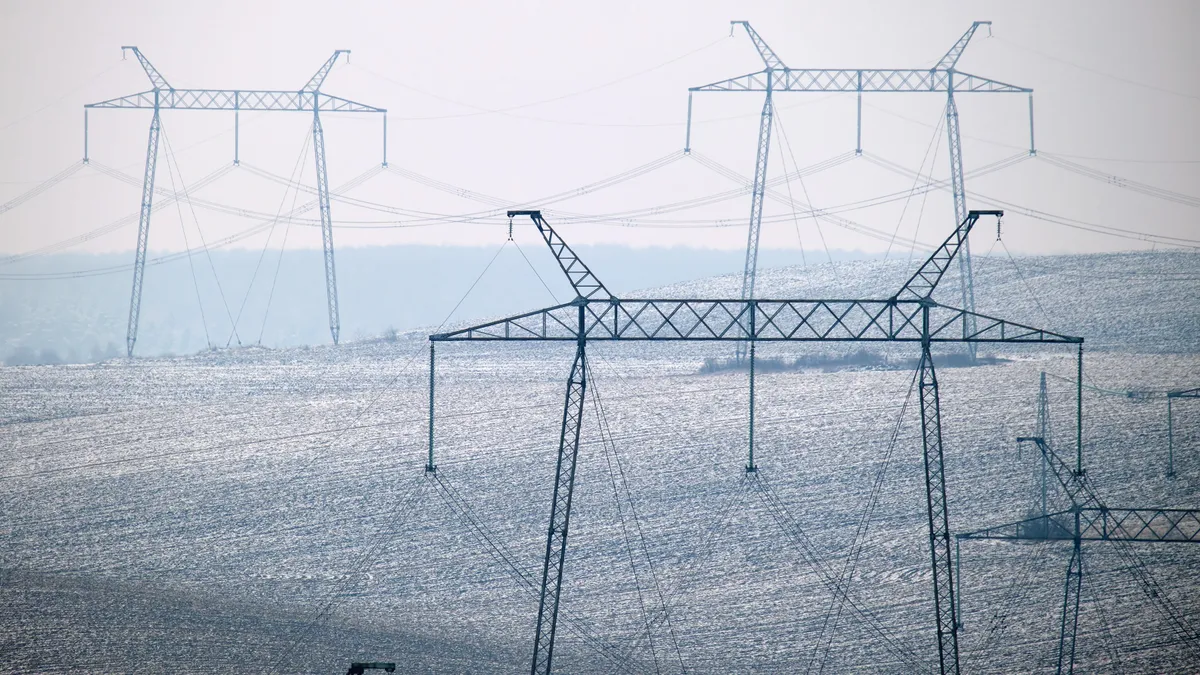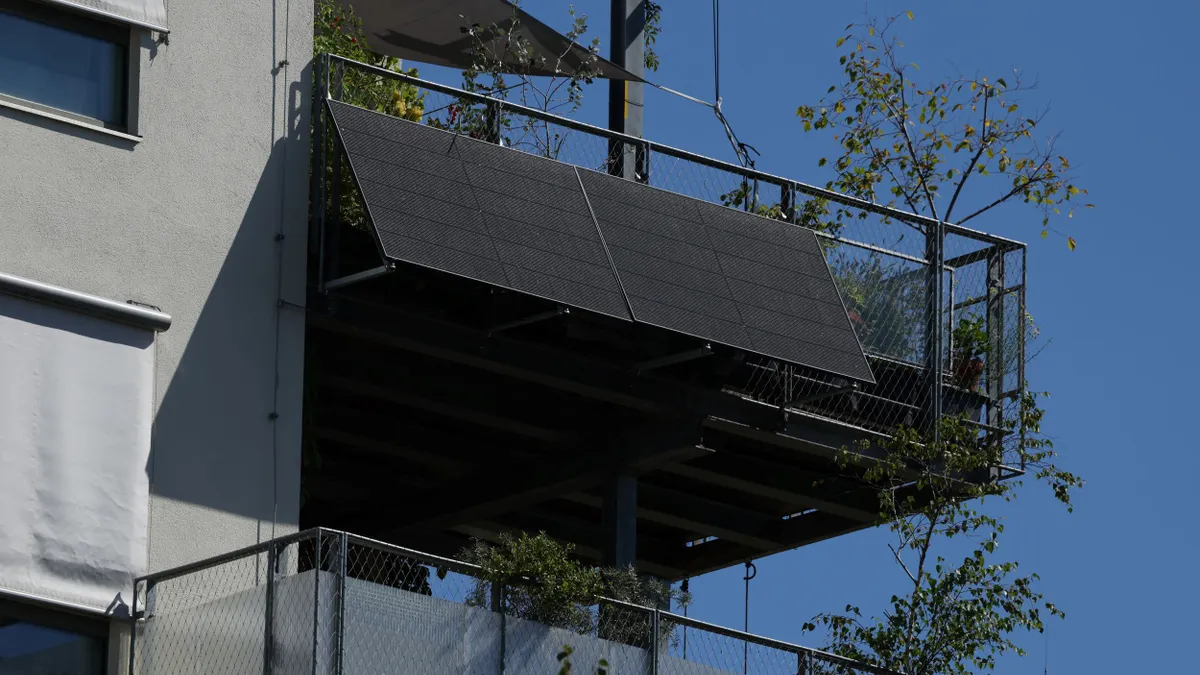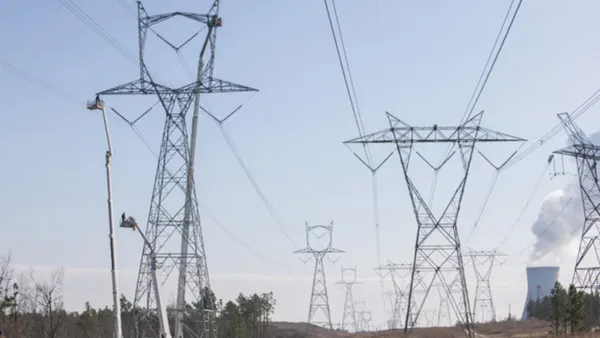Dive Brief:
- The Federal Energy Regulatory Commission on Wednesday rejected a waiver request from the Midcontinent Independent System Operator and the Southwest Power Pool that would have allowed the grid operators to expand the scope of their 2024-25 interregional transmission study process.
- The waiver would have let MISO and SPP incorporate multiple scenarios in a single 10-year model rather than the multi-year analysis required by their joint operating agreement, FERC said. They would also have been able to use multiple metrics to peg the reliability and public policy value of interregional transmission projects instead of the “cost avoidance of pre-existing regional projects” metric required by the agreement.
- FERC Commissioner David Rosner dissented in the 2-1 decision. “The commission should not stand in the way of simple solutions that give MISO, SPP, and their stakeholders flexibility to improve the accuracy of their study,” Rosner said.
Dive Insight:
Under the MISO-SPP joint operating agreement, at least every two years the grid operators are required to conduct a Coordinated System Plan, or CSP, study to find cross-border transmission projects that would benefit them both.
The study process has never identified an interregional project that would benefit both MISO and SPP because of the limited benefit valuations that are outlined in the agreement, according to the grid operators’ Jan. 15 waiver request.
As a result, MISO and SPP proposed to their stakeholders a one-time plan to expand the CSP study scope to identify near-term upgrades that enhance transfer capability and yield multiple benefits across their footprints, they said. The proposal would provide a more comprehensive look at their system needs, according to MISO and SPP.
However, FERC said the request failed to meet its criteria for approving waivers from FERC-approved rules, such as that a waiver be limited in scope.
FERC said the requested waiver wasn’t limited because it would “broadly alter” the scope of the CSP study by no longer evaluating the reliability and public policy benefits of interregional transmission projects as the avoided cost of regional transmission projects that address the same reliability or public policy issue.
Also, the waiver request did not address a concrete problem — one of FERC’s criteria for approving requested waivers — because MISO and SPP didn’t show that expanding the study scope would lead to new transmission.
“While we appreciate MISO’s and SPP’s desire to improve their CSP process, a waiver request is not the appropriate vehicle to achieve such an outcome,” FERC said. Instead, they should ask FERC for permission to change their CSP rules, according to the agency.
In his dissent, Rosner said the waiver would have allowed MISO and SPP to better tailor the CSP study to their regional needs.
“The waiver does not create a new study process; nor does it change project selection criteria or cost allocation provisions,” Rosner said. “Instead, MISO and SPP merely ask for permission to use more accurate study assumptions.”
By rejecting the waiver request, MISO and SPP will have to commit resources towards an inefficient study that prevents them from identifying needed interregional transmission projects, Rosner said.
International Transmission Co. and the American Council on Renewable Energy supported the MISO-SPP waiver request. FERC Commissioner Judy Chang abstained from the docket.















